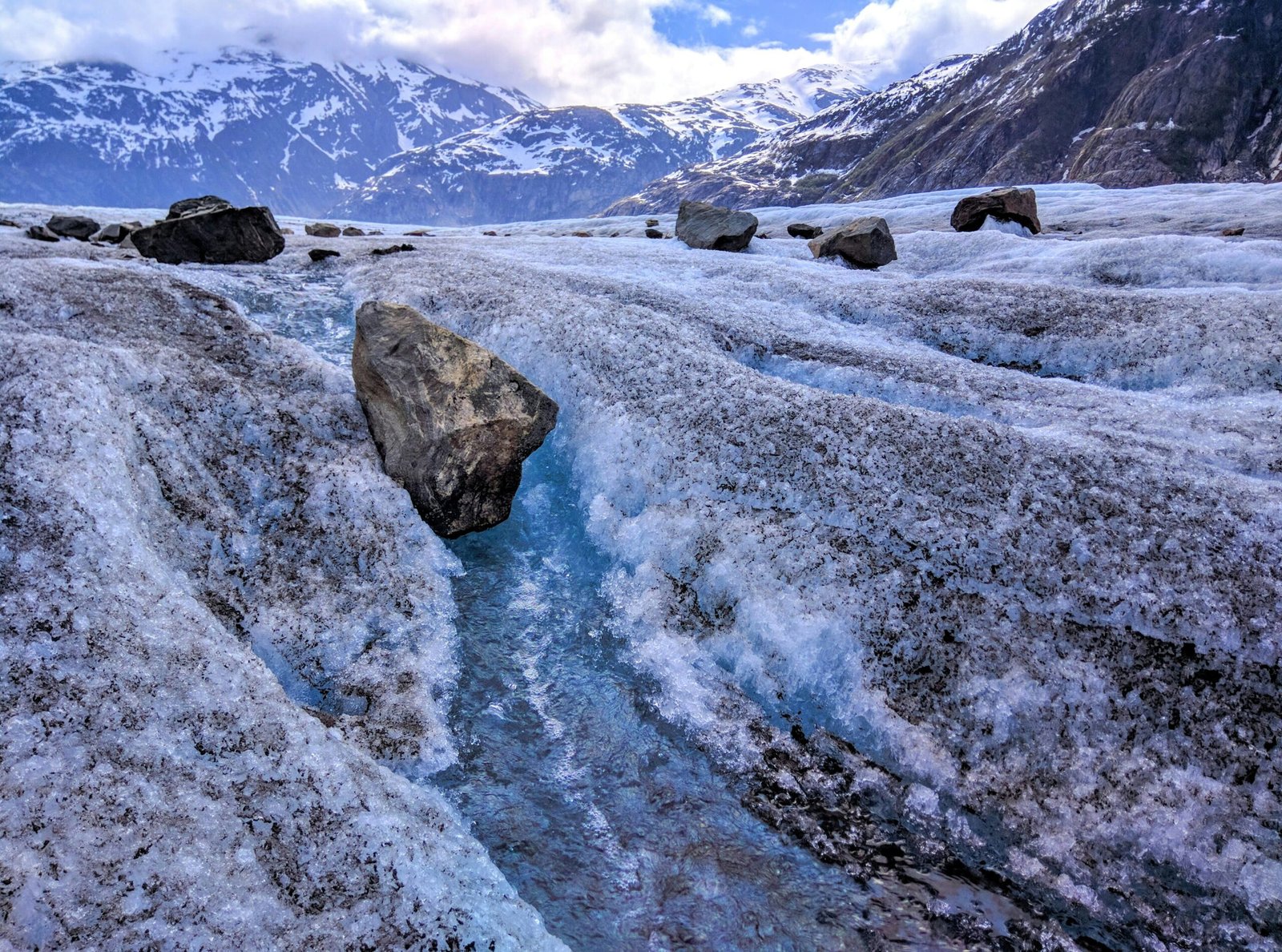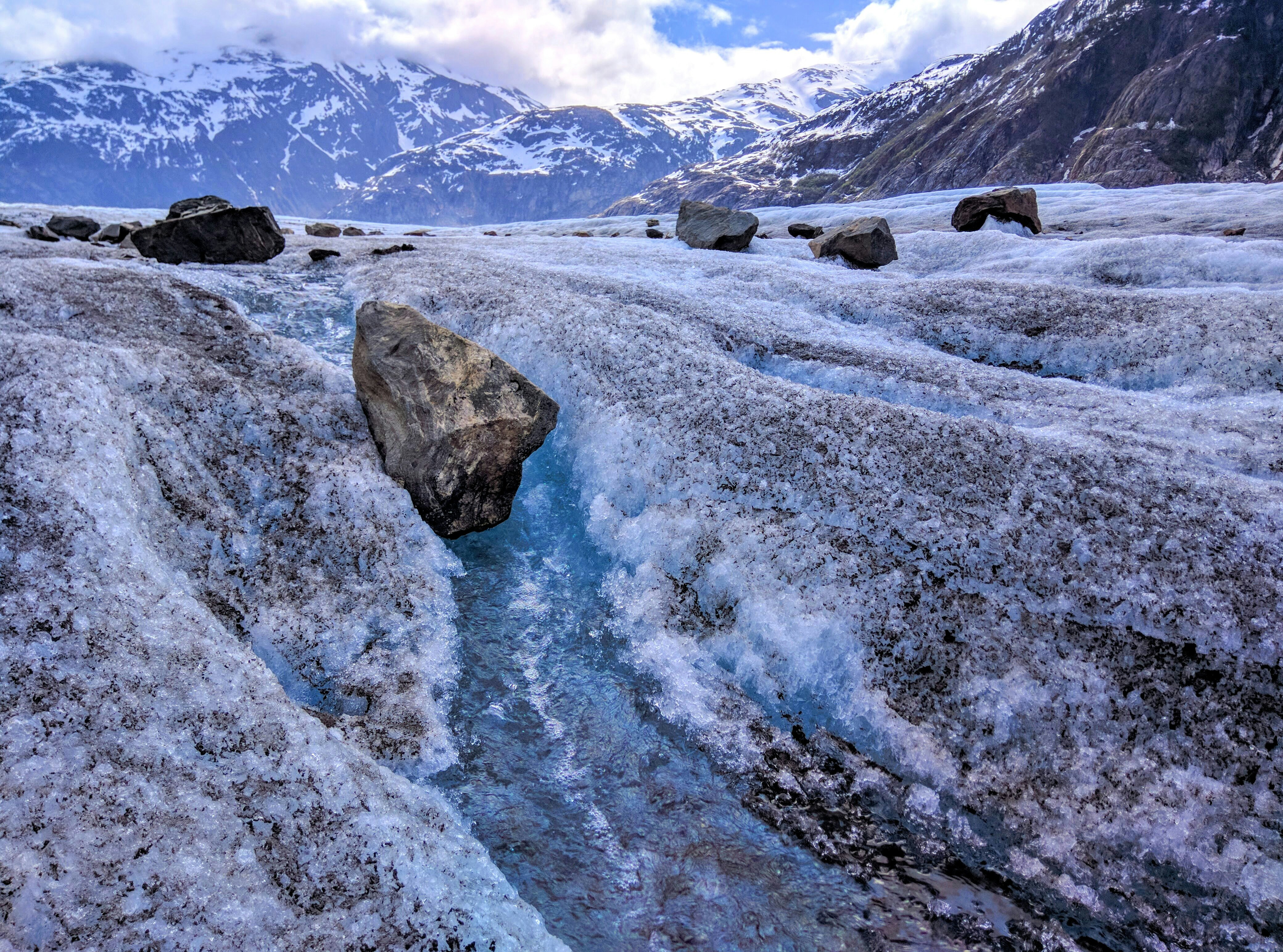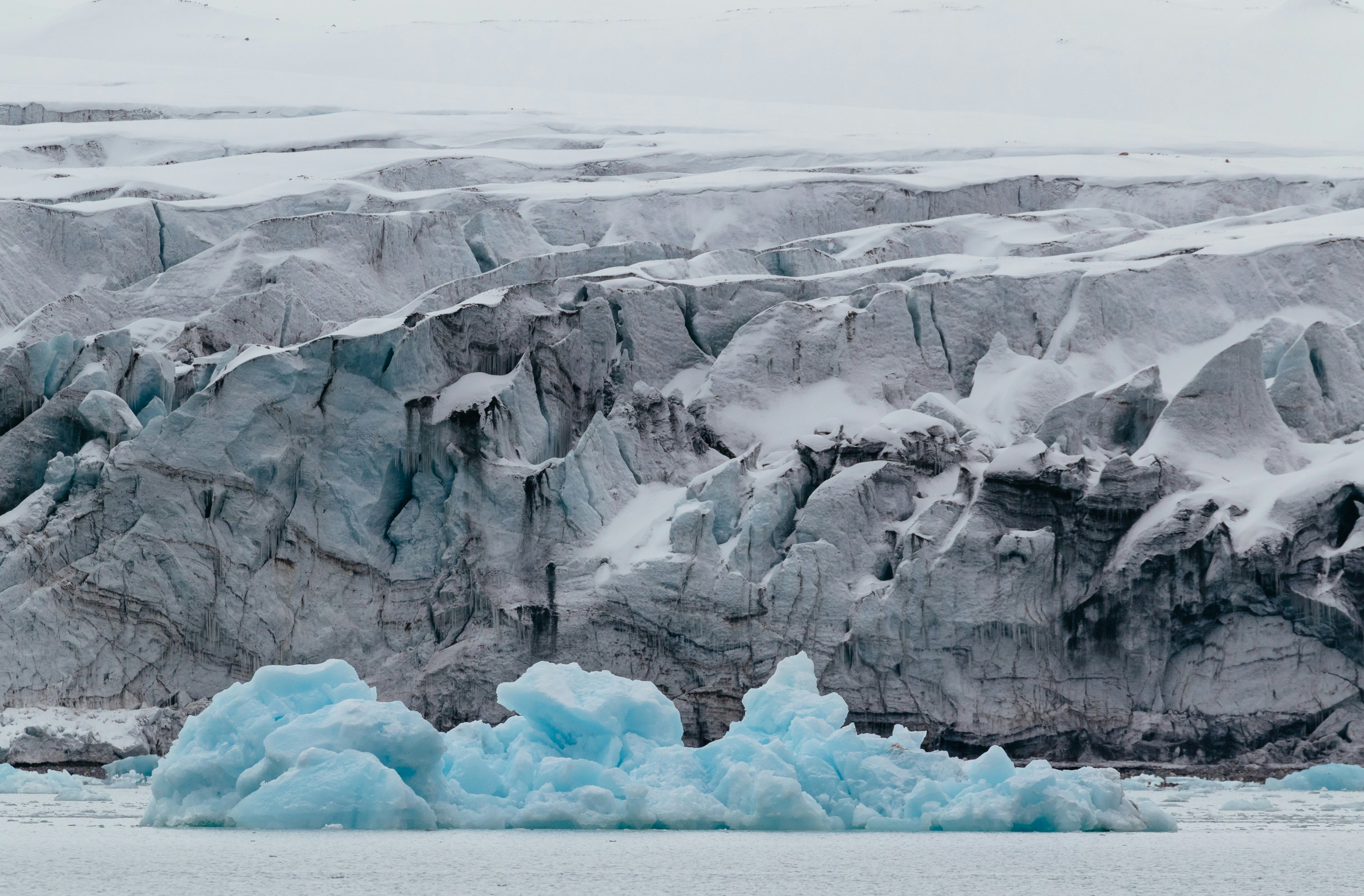Have you ever wondered how a refreshing plunge into a cold body of water could do more than just wake you up? Cold water immersion might sound like a bold adventure, especially if you’re someone who gravitates toward warmth and comfort. But there is a fascinating aspect of exposing yourself to cold water that goes beyond the initial shivers—it might just be your key to building mental resilience.
Understanding the connection between cold water and mental resilience requires us to look at physical responses, scientific findings, and personal experiences. As you journey through this article, you’ll discover not only how cold water affects your body and mind but also how it can transform your mental strength. By the end, you might just be tempted to take the plunge yourself.
What Is Mental Resilience?
Before discussing the benefits of cold water, let’s dive into what mental resilience actually means. Mental resilience is the ability to adapt to stress, adversity, or change. It’s that little voice inside you that says, “I’ve got this,” even when things are rocky. Experiencing stress is inevitable, but how you cope makes a world of difference. Resilience doesn’t mean avoiding difficulties; instead, it’s about bouncing back and even thriving in spite of them.
Everyday Resilience
Consider your daily challenges: work demands, personal relationships, unexpected events. How you respond to these stressors can say a lot about your resilience. Maybe it’s the ability to maintain a calm demeanor during a tight deadline or finding new solutions when things don’t go as planned. Everyday resilience is about incorporating small habits that build an overall capacity to handle life’s obstacles.
The Science Behind Resilience
Research suggests that resilience isn’t solely an innate trait but something that can be developed. Psychological factors such as optimism, cognitive flexibility, and social support play a role. Additionally, recent studies have been exploring the physical aspects—including the surprising contribution of cold water exposure.
The Physiology of Cold Water Exposure
Getting into cold water has pronounced effects on your body. It’s a sudden shock to your system, triggering a cascade of physiological responses that can have mental benefits.
Immediate Physical Reactions
When you step into icy water, your body’s immediate responses include an increased heart rate and a rush of endorphins. The cold causes your blood vessels to constrict, which briefly raises blood pressure. This intense physical response is part of what makes cold water immersion invigorating. It’s like hitting a reset button for your system, jolting you into the present moment.
Hormonal and Neural Effects
Cold water exposure also influences your hormonal and neural systems. The release of norepinephrine increases attention span and improves mood. Over time, regular exposure can lead to enhanced happiness and reduced stress levels.
Complementary Health Benefits
Consider these additional health benefits as side notes to your primary goal of boosting mental resilience:
| Benefit | Explanation |
|---|---|
| Improved circulation | Cold water helps blood flow vigorously, improving overall circulation. |
| Muscle recovery | Athletes often use cold water to reduce inflammation and speed up recovery after intense physical activities. |
| Immune system boost | Regular exposure is believed to strengthen your immune system, increasing white blood cell counts. |
Cold Water’s Impact on Mental Resilience
The true magic of cold water exposure lies in its impact on your mental resilience. While the physical effects are well-documented, tying them to your mental strength introduces a compelling narrative.
Stress Adaptation
One of the key benefits is how cold water exposure helps your body and mind adapt to stress. The controlled stress you experience in cold water is akin to training your resilience muscles. This training helps prepare you for the unexpected stresses of daily life, making it easier to navigate these challenges with a calm mind.
Enhancing Mindfulness and Focus
Stepping into cold water demands your full attention. It pulls you away from distractions and anchors you in the moment, which can enhance mindfulness and increase focus. Over time, this practice can translate into better concentration and mental clarity in other areas of your life.
Emotional Regulation
Emotionally, cold water exposure can improve your resilience by teaching your brain to regulate feelings better. The practice of enduring discomfort while staying calm and collected translates into a stronger ability to manage emotions during stressful times.
How to Safely Incorporate Cold Water Exposure
For those intrigued by these potential benefits, it’s important to approach cold water exposure safely and gradually.
Starting at Home
You don’t need to plunge into an icy lake right away. Start with cold showers, beginning with a warm rinse and gradually lowering the temperature. This slow acclimatization will ease you into handling colder temperatures.
Outdoor Adventures
If you’re feeling more adventurous, try an outdoor cold water swim. Natural bodies of water like lakes, rivers, or the ocean provide a unique and refreshing experience. Ensure safety by checking water conditions and never going alone.
Consistency Is Key
Whether you choose showers or swims, consistency is vital. Regular practice is more beneficial than sporadic attempts. Try to make it a part of your daily or weekly routine to maximize the mental resilience benefits.
Real-World Experiences: Stories of Mental Transformation
Hearing stories from people who’ve experienced the transformative power of cold water can be inspiring and encouraging.
Case Studies and Anecdotes
Many individuals have shared how regular cold water exposure has positively impacted their mental health. From overcoming anxiety and stress to finding peace and clarity, these stories underline a common theme: resilience can be fostered with small, consistent practices.
Community and Support
Joining a community of cold water enthusiasts can provide motivation and support. Whether through online forums or local groups, sharing experiences and challenges can enhance your journey toward improved mental resilience.
Practical Tips and Safety Considerations
Like any new practice, safety should be a top priority. Here are some practical tips to keep your experience safe and enjoyable:
Knowing Your Limits
Understand your body’s responses and respect your limits. Only stay in the water as long as it feels comfortable. It’s about finding balance—getting the benefits without overwhelming your system.
Health Precautions
Consult your healthcare provider, especially if you have pre-existing health conditions. Cold water exposure can be intense, so making sure it’s safe for you is critical.
Using proper Gear
For those swimming outdoors, consider using a wetsuit to minimize risk and improve comfort. In extremely cold conditions, this can help manage exposure time and maintain body warmth.

Measuring Progress: Seeing the Changes in Yourself
Once you’ve been practicing cold water immersion for some time, it’s important to take stock of any changes in your mental resilience.
Self-Reflection and Journals
Keep a journal or take regular notes on how you feel mentally and emotionally. Reflecting on these notes over time can help you track your progress.
Sharing Insights with Others
Discussing your experiences with friends or fellow practitioners can offer new perspectives and insights. Sometimes, an external viewpoint can help highlight changes you might not have noticed.
Cold Water and Beyond: A Holistic Approach to Mental Resilience
While cold water exposure offers unique benefits, remember that it’s one piece of a larger puzzle. A holistic approach to mental resilience involves combining physical, emotional, and social elements.
Integrating with Other Practices
Complement cold water immersion with other resilience-building practices like meditation, exercise, and healthy nutrition. Together, they form a comprehensive strategy for enhancing mental strength.
The Role of Life Balance
Balancing work, leisure, and well-being is crucial. Ensure you have downtime to recuperate from life’s challenges and celebrate your successes, however small.

Final Thoughts: Embracing the Waves
Building mental resilience is a journey, and cold water exposure might just be a stepping stone to a stronger, more adaptable you. Every shiver, every gasp is a testament to your courage and ability to face the uncomfortable head-on. So, as you consider this transformation, remember that each step, small as it might seem, leads to profound strength. You have the power to redefine your limits and embrace challenges with newfound resilience.




